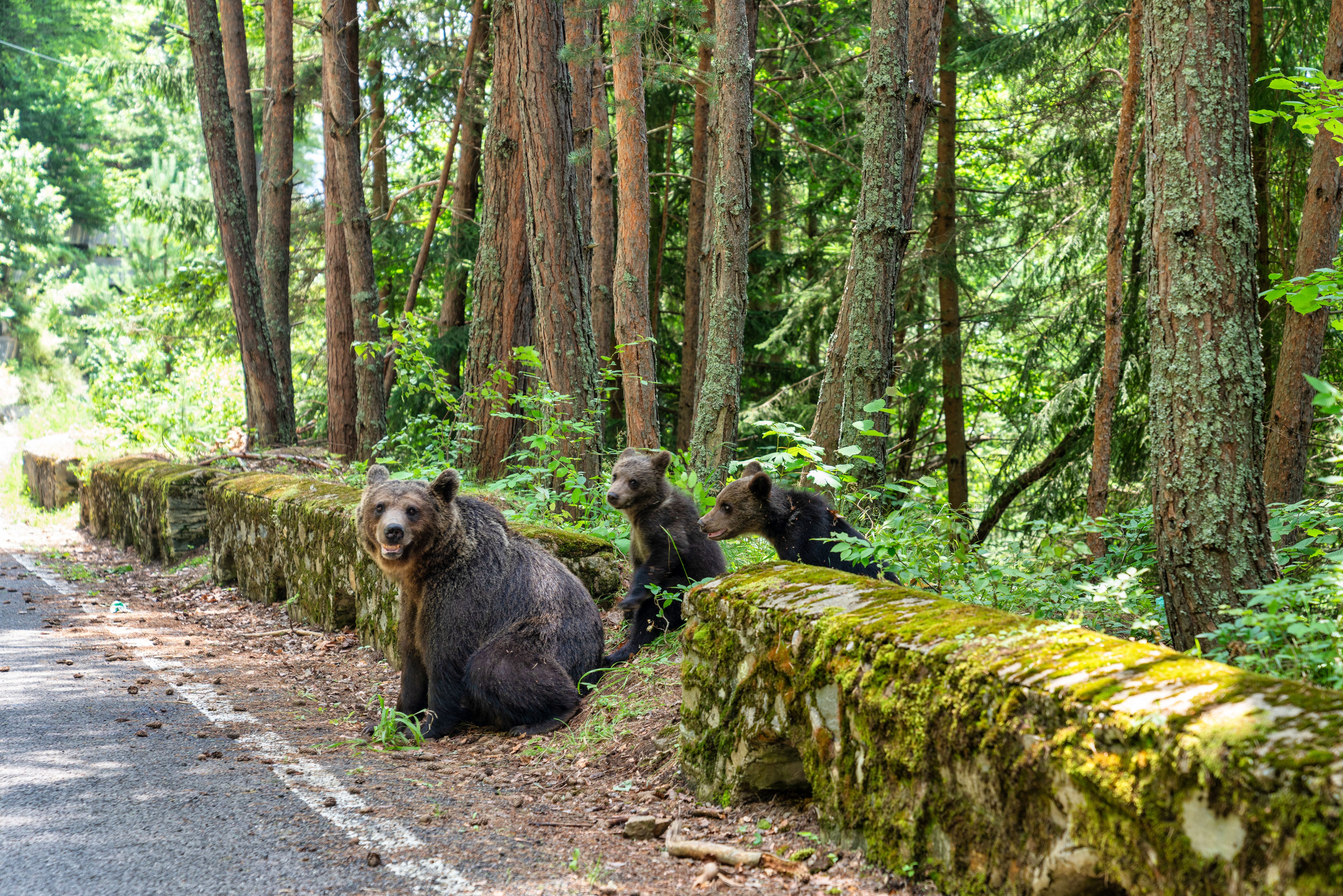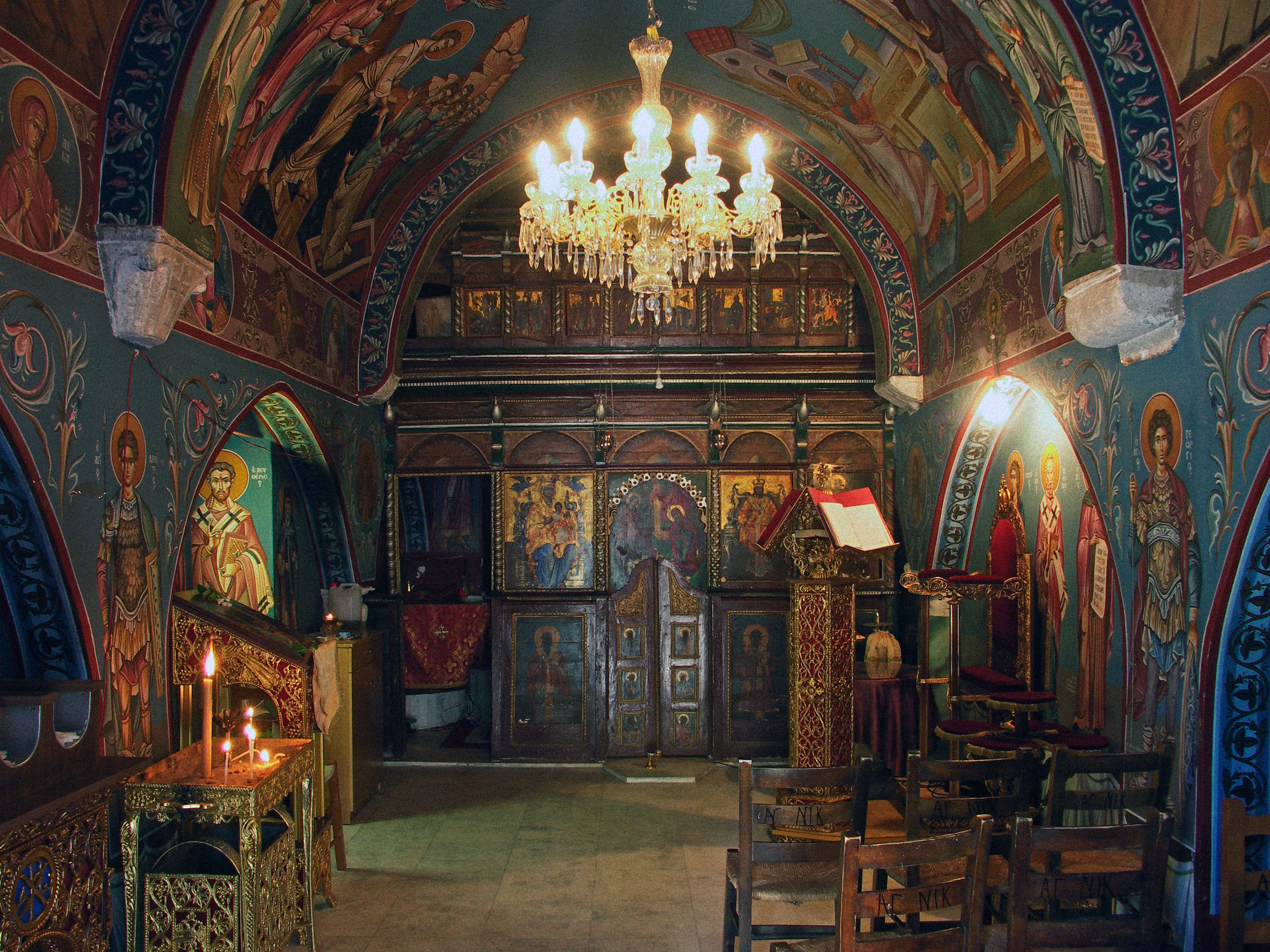Exploring the Rich Culture and History of the Rusyn People
Introduction to the Rusyn People
The Rusyn people, often known as Ruthenians, are a small ethnic group primarily located in the Carpathian Mountains, which stretch across Ukraine, Slovakia, Poland, and Hungary. Despite their relatively small numbers, the Rusyns have a rich cultural heritage that reflects a unique blend of Slavic and Central European influences. This post delves into the fascinating history and vibrant traditions of the Rusyn people.

Historical Background
The history of the Rusyn people is deeply intertwined with the shifting borders and political dynamics of Eastern Europe. Historically, they have lived under various empires and states, including the Austro-Hungarian Empire, Czechoslovakia, and the Soviet Union. This complex history has contributed to the Rusyns’ strong sense of identity and resilience.
Throughout centuries, the Rusyns have maintained their distinct language and customs, despite pressures to assimilate. Their language, Rusyn, is recognized as a minority language in Slovakia and Ukraine but remains a subject of debate regarding its classification as a dialect or a separate language.
Cultural Traditions
The Rusyn culture is characterized by its rich folklore, music, and art. Traditional Rusyn music often features instruments like the violin, accordion, and cimbalom, creating a sound that is both lively and soulful. Folk dances are an essential part of community celebrations, with colorful costumes and intricate footwork that tell stories of their heritage.
Another significant aspect of Rusyn culture is their culinary tradition. The cuisine incorporates hearty ingredients typical of mountainous regions, such as potatoes, cabbage, and mushrooms. Popular dishes include pirohy (dumplings), holubki (stuffed cabbage rolls), and various soups that are staples in Rusyn households.
Religious Beliefs
Religion plays a vital role in the lives of the Rusyn people. Most Rusyns adhere to Eastern Christianity, with Eastern Orthodox and Greek Catholicism being predominant. These religious affiliations influence their festivals, rituals, and community gatherings, often marked by elaborate church services and processions.

The celebration of religious holidays such as Easter and Christmas is particularly significant among the Rusyns. These occasions are marked by unique customs and gatherings that bring families and communities together to celebrate their faith and cultural identity.
Modern Challenges
Today, the Rusyn people face several challenges in preserving their cultural identity. Globalization and migration have led to a decline in traditional practices, as younger generations move to urban areas for better opportunities. Efforts to revitalize the Rusyn language and culture are ongoing, with cultural organizations working tirelessly to preserve this invaluable heritage.
In recent years, there has been a resurgence of interest in Rusyn culture, with festivals, workshops, and educational programs aimed at promoting their history and traditions. These initiatives are crucial in ensuring that the rich legacy of the Rusyn people continues to thrive.
Conclusion
The Rusyn people embody a unique blend of cultural influences that have evolved over centuries. Their resilience in maintaining their cultural identity amidst political changes is a testament to their enduring spirit. By exploring and celebrating the culture and history of the Rusyns, we gain a deeper appreciation for the diversity that enriches our global tapestry.
